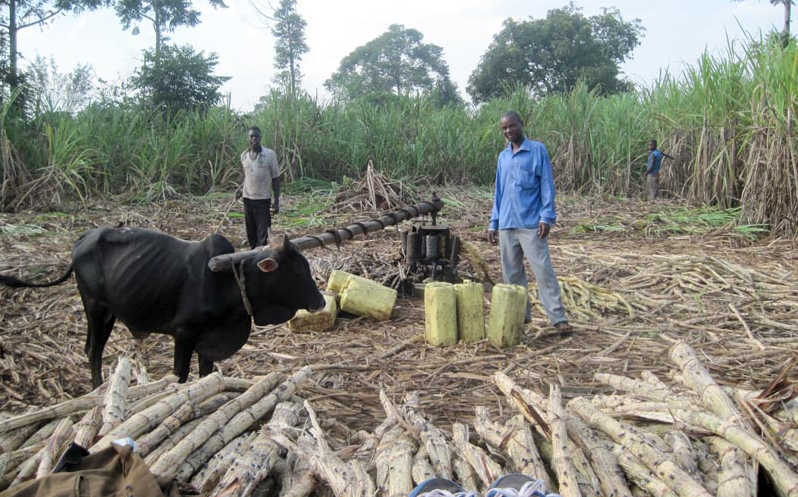Starting June 1, 2024, traders importing rice and other produce from Tanzania must follow new labeling guidelines set by the Uganda Revenue Authority (URA). This announcement was made in a statement by the URA on June 10, 2024.
The URA outlined that imported rice must now include labels with specific details such as whether the rice was milled or genetically modified, the product name, class, manufacturer’s name, batch number, net weight, storage instructions, crop year, and disposal instructions for the packaging. These requirements aim to ensure quality standards and to help collect the 75% import duty on rice from outside the East African Community (EAC). According to Reagan Basoga, the Supervisor of the Mutukula One Stop Border Post, this tax revenue has been lost in the past due to adulteration of rice imports.
Geoffrey Kawere Ssozi, the Manager of Customs in the South Western region, stated that these guidelines will be enforced by customs verification along with the Uganda National Bureau of Standards (UNBS). He shared this information during a stakeholders’ meeting at the Mutukula One Stop Border Post (OSBP).
Kawere advised traders who might face challenges in meeting these requirements to write to the URA with valid reasons for their inability to comply. He also warned Customs Clearing agents not to tamper with exit notes flagged in the system, noting that only a few justified exceptions would be granted for up to 14 days starting from June 1, 2024.
During the meeting, Okada Paul Norman, the Chairperson of the Mutukula Freight Forwarders Association, requested that the URA allow traders to sell their current stock, which may not meet the new labeling standards, before enforcing the new rules. He pointed out that some traders have already labeled their products according to old standards that do not align with the new guidelines set by the Uganda National Bureau of Standards.
Additionally, Salongo Sewabumba Wasswa, the General Secretary of Mutukula General Traders Limited, emphasized the need for policy harmonization between Tanzania and Uganda to create a more business-friendly environment for traders.
The new guidelines are part of URA’s efforts to improve import regulations, uphold product standards, and secure import duty revenue, ensuring a fair and regulated market for rice imports from Tanzania.




















